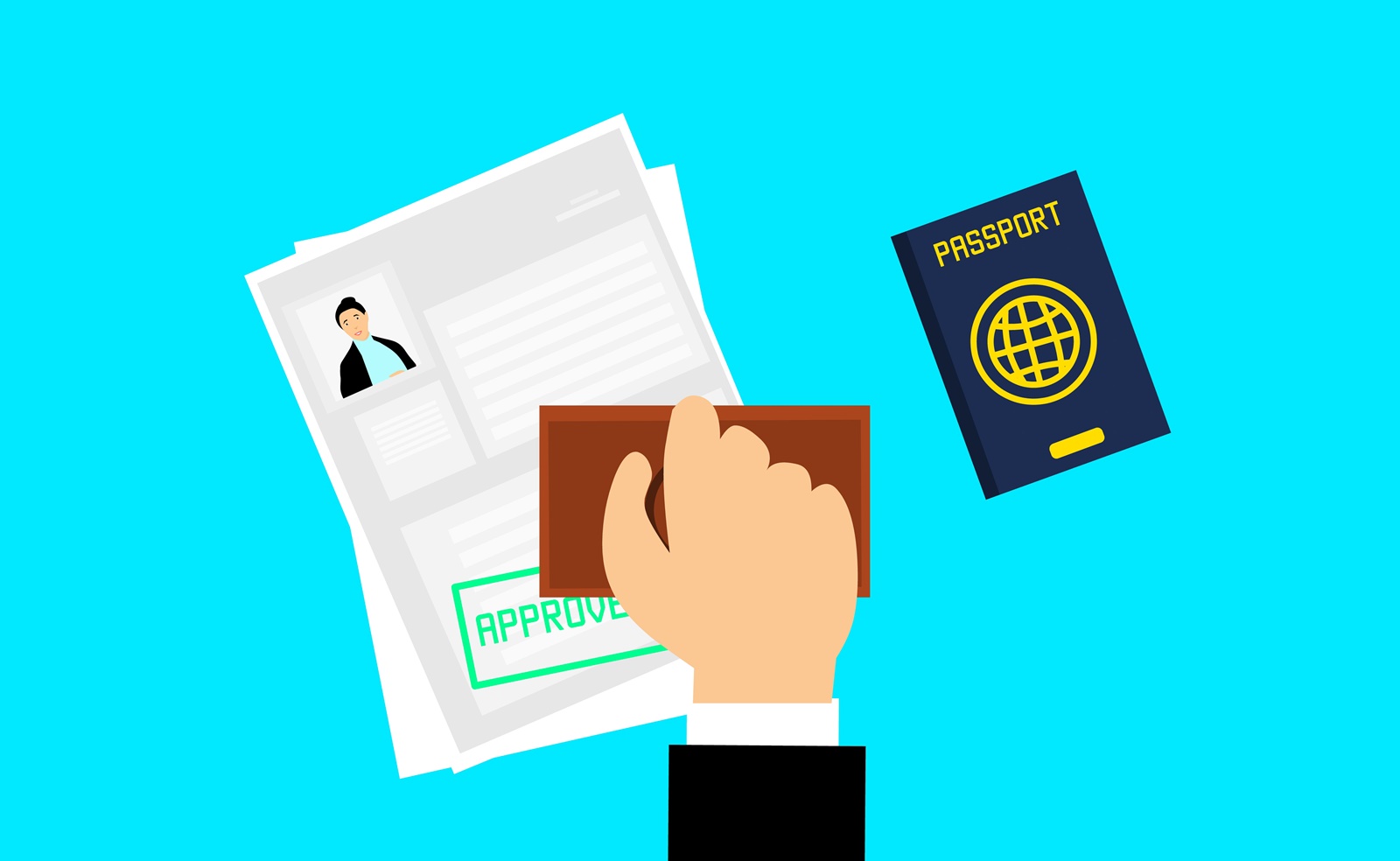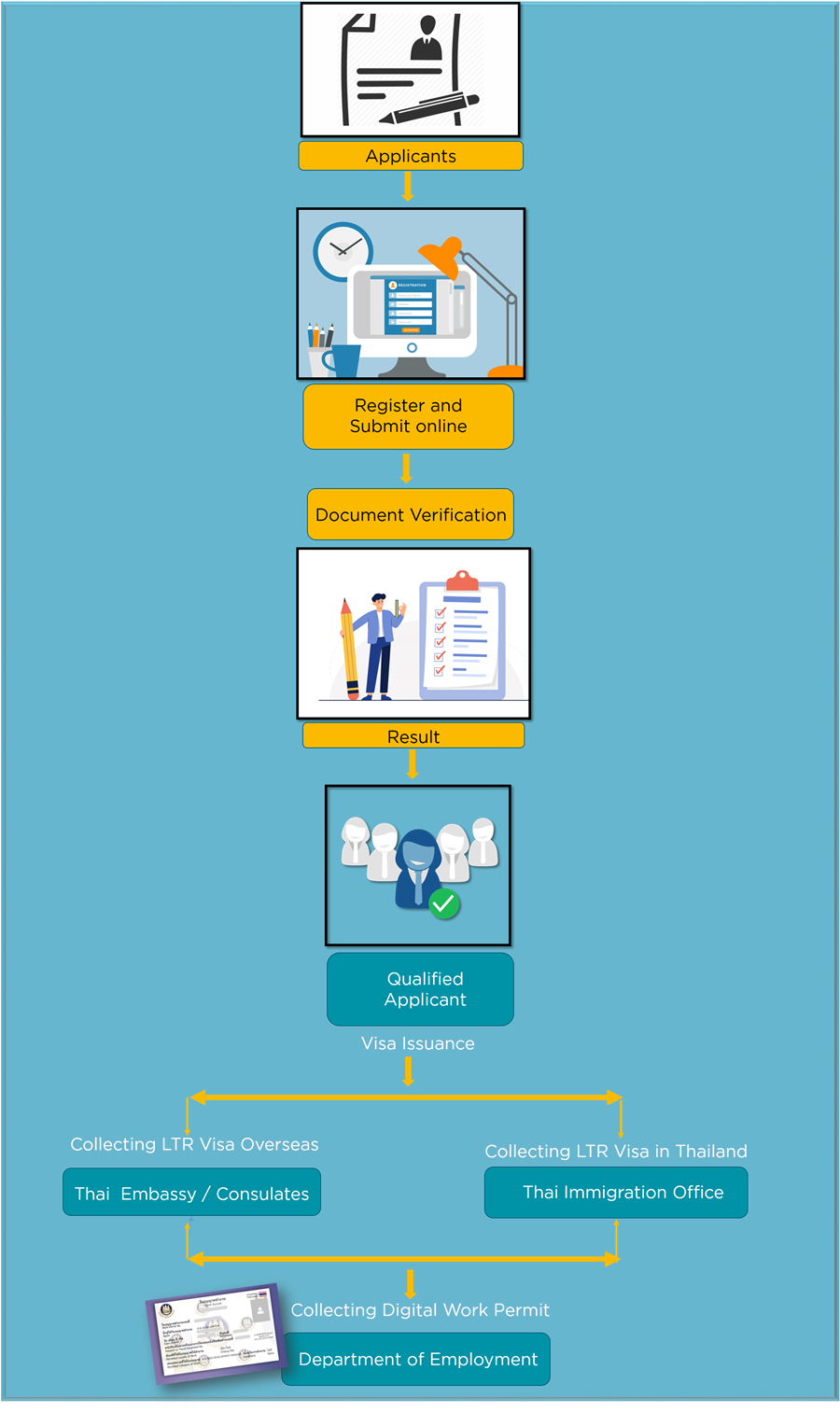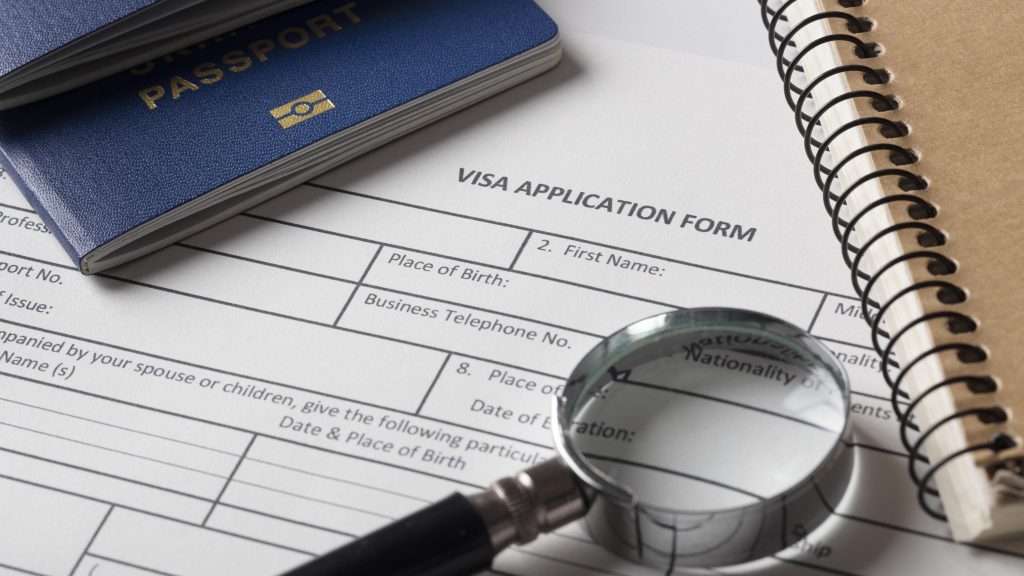Thailand Long Term Resident (LTR) visa – latest 2025 updates
HLB Legal
Thailand’s Long-Term Resident visa (LTR Visa) program has been revamped in 2025 broadening the potential for ‘high-potential’ foreigners wishing to re-locate to Thailand to access the range of tax and non-tax benefits that the program offers.
The LTR visa program aims to strengthen Thailand's position as a global hub for talent and investment, recognising that Thailand is home to multinational corporations from all over the world and one of the most important tourist destinations in Asia.
Thailand presents itself as a very attractive location for “work from anywhere” professionals with Bangkok ranking the second best city in the world to take up the digital nomad lifestyle.
The Thai government has set a target of attracting one million wealthy or talented foreign residents into the country over the first five years of the program, which started in September 2022.
The government fee for the 10-year LTR visa with multiple entry is Baht 50,000 (approximately USD 1,500) per person.
LTR visa categories
LTR visas are offered to four categories of foreigners:
- Wealthy Global Citizens - Wealthy individuals with no age requirement, holding at least USD 1 million in assets (which must include at least USD 500,000 in specific Thai assets).
- Wealthy Pensioners - Retirees aged 50 years and older who have an annual pension or passive income (i.e. not including salary, director fees etc. ) of at least USD80,000 per annum, or not less than USD 40,000 per annum and holding at least USD250,000 in specific Thai assets.
- Work-from-Thailand Professionals - Remote workers working for well-established overseas companies and with income of at least USD 80,000 per annum over the last 2 years.
- Highly-Skilled Professionals - Professionals or experts in targeted industries working for business entities or higher education institutes, research centres or specialized training institutions in Thailand or Thai government agencies.
Dependents of LTR visa applicants, namely spouses, children not over 20 years of age, legal dependents and parents, will also qualify for the same visas, with no limit placed on the number of dependents that may be granted visas. Following the enactment of the historic Marriage Equality Act in Thailand, spouses of the same sex are also now eligible.
Privileges offered
There are many privileges provided to LTR visa holders, with the aim of making living in Thailand long term easier and less bureaucratic. These privileges include:
- 10 years renewable visa. Permission will be granted to stay in in Thailand the first time for no more than five years. The period of stay can be extended for another 5 years if qualifications are met.
- Discounted personal income tax rate of 17% for Highly-Skilled Professionals on their employment income. Read more here about this special tax privilege.
- Permission to work in Thailand and the removal of the requirement for employers to hire four Thai citizens per foreigner, making the process of hiring foreigners easier.
- Fast track service at international airports in Thailand.
- 1 year reporting to Immigration instead of 90 days, and the overall ease of regulations concerning foreign residents.
- When travelling to and from Thailand the visa can be used an unlimited number of times without having to request a visa to re-enter the kingdom.
Targeted groups and qualifications
The first step is to apply for an endorsement letter from Thailand’s Board of Investment to confirm that the applicant qualifies for an LTR visa.
The criteria for qualification endorsement for an LTR Visa are summarised below
| Wealthy Global Citizen | Wealthy Pensioner |
|---|---|
| Wealthy individual with no age requirement | 50+years of age and has the status of a retiree at the date of application submission |
| No minimum income requirements. | Receiving pension and/or personal income of not less than USD 80,000 per year at the date of application submission |
| Evidence of investment in Thailand in the applicant’s name that has a value of not less than USD 500,000, in any of the following • Thai Government bonds with over 5 years of remaining maturity • Direct investment in a Thai limited company or a Thai public company or investment in a company which operates as a venture capital company or a private equity trust under the Thai SEC or certified by the relevant Thai government agency • Real estate |
In case of pension and/or personal income below USD 80,000/year but not less than USD 40,000/year, applicants must have evidence of investment in Thailand in the applicant’s name that has a value of not less than USD 250,000, in any of the following: • Thai Government bonds with over 5 years of remaining maturity • Direct investment in a Thai limited company or a Thai public company or investment in a company which operates as a venture capital company or a private equity trust under the Thai SEC or certified by the relevant Thai government agency • Real estate |
| A health insurance policy covering medical expenses in Thailand of not less than USD 50,000 with a remaining coverage period of not less than 10 months at the time of issuing the visa qualification endorsement, or social security rights which cover medical expenses in Thailand, or deposits in accounts in Thailand or abroad of not less than USD100,000, which have been held for not less than twelve months | A health insurance policy covering medical expenses in Thailand of not less than USD 50,000 with a remaining coverage period of not less than 10 months at the time of issuing the visa qualification endorsement, or social security rights which cover medical expenses in Thailand, or deposits in accounts in Thailand or abroad of not less than USD100,000, which have been held for not less than twelve months. |
| Evidence of financial status, with assets that have a value capable of being assessed, including assets in and outside of Thailand, with a value not less USD 1 million at the time of the application. |
| Work-from-Thailand professional | High-skilled professional |
|---|---|
| Remote workers who works for an overseas employer | High skilled experts in targeted industries |
| Personal income on average of not less than USD 80,000/ year in the past 2 years or not less than USD 40,000/year in the past 2 years if they hold a master's degree or above, possess intellectual property or have received Series A funding in a business of not less than USD 1 million |
Personal income on average of not less than USD 80,000/ year in the past 2 years or not less than USD 40,000 in the past 2 years if they hold a master's degree (or equivalent) or above or have special high-skilled expertise relevant to the job assignment in Thailand. In the case of a retired science and technology expert, they can show evidence of personal income on average of not less than USD 40,000/year for the 2 years prior to retirement. |
| A health insurance policy covering medical expenses in Thailand of not less than USD 50,000 with a remaining coverage period of not less than 10 months at the time of issuing the visa qualification endorsement, or social security rights which cover medical expenses in Thailand, or deposits in accounts in Thailand or abroad of not less than USD 100,000, which have been held for not less than twelve months. | A health insurance policy covering medical expenses in Thailand of not less than USD 50,000 with a remaining coverage period of not less than 10 months at the time of issuing the visa qualification endorsement, or social security rights which cover medical expenses in Thailand, or deposits in accounts in Thailand or abroad of not less than USD 100,000, which have been held for not less than twelve months. |
|
Current employer must have one of the following characteristics |
Experts working for a Thai government agency, state-owned higher education institution, research center or specialized training institution in Thailand are exempted from showing evidence of past income. |
The targeted industries in the case of a High-Skilled Professional are:
1) Automotive Industry
2) Electronics Industry
3) Affluent Tourism Industry
4) Agriculture, food, and biotechnology industry
5) Transportation and logistics industry
6) Automation and robotics industry
7) Aviation, aerospace, and space industry
8) Biofuels and bio-chemical industry
9) Petrochemical and Chemical Industry
10) Digital industry
11) Medical industry
12) National defense industry
13) Direct and significant supporting industries for the circular economy, e.g fuel production from wastes or water resource management, etc.
14) International Business Center (IBC)
15) Other industries in which the foreign applicants for the qualification endorsement must work with special expertise in one or more of the following areas:
1) Research and development in targeted industries or technologies, such as Biotechnology, Nanotechnology, Advanced Material Technology, Digital Technology
2) Human resource development in science and technology at vocational or higher education levels
3) Application of artificial intelligence, automation, and robotics in business operations
4) Planning and development of digital systems to enhance business productivity and services
5) Financial or Marketing Analyst or Advisory Services.
6) Environmental and energy management
7) Management or Advisory of incubation programs, acceleration programs, innovation, and startup ecosystems
8) Alternative dispute resolution services.
9) Promotion and support of economic development, trade, and investment by foreign chambers of commerce and organizations promoting trade and investment from foreign countries.
Supporting documents
The supporting documentation to be provided will depend on the visa category and qualifications to be met, but may include:
- Curriculum Vitae (CV) showing expertise, education and professional background
- Employment certificates from current and past employers
- Tax returns and bank statements to show evidence of income received
- Evidence of investments
- Evidence of employer status
A notarized translation must be provided if a document is not in English or Thai.
Application procedures
- Register and submit online an application for qualification endorsement for LTR Visa and supporting documents.
- Within 20 working days after having received complete documents, applicants will be notified of the result.
- Qualified applicants may proceed with applying for LTR Visa issuance at the Royal Thai Embassies/the Royal Thai Consulate Generals overseas or the Thailand Investment and Expat Services Center (TIESC) in Bangkok within 60 days from the issuance date of the endorsement letter. The processing fee for the 10-year visa with multiple entry is 50,000 Baht (approximately USD 1,500) per person.
- Applicants who work in Thailand and apply for a work permit must collect their digital work permit at the TIESC in Bangkok. The processing fee is 3,000 Baht per year to maintain a digital work permit.
Foreigners that reside in Thailand will need to consider the tax implications, for example the impact on their tax residency. Foreigners working in Thailand may be subject to Thai personal income tax on their employment income. Read more here about the Thai tax considerations.
If you want to know more about your eligibility for an LTR visa, get in touch with us.
In case you missed it.....
Tax benefits for long term resident (LTR) visa holders
Tax implications of remote working in Thailand
Thailand’s LTR visa process explained










